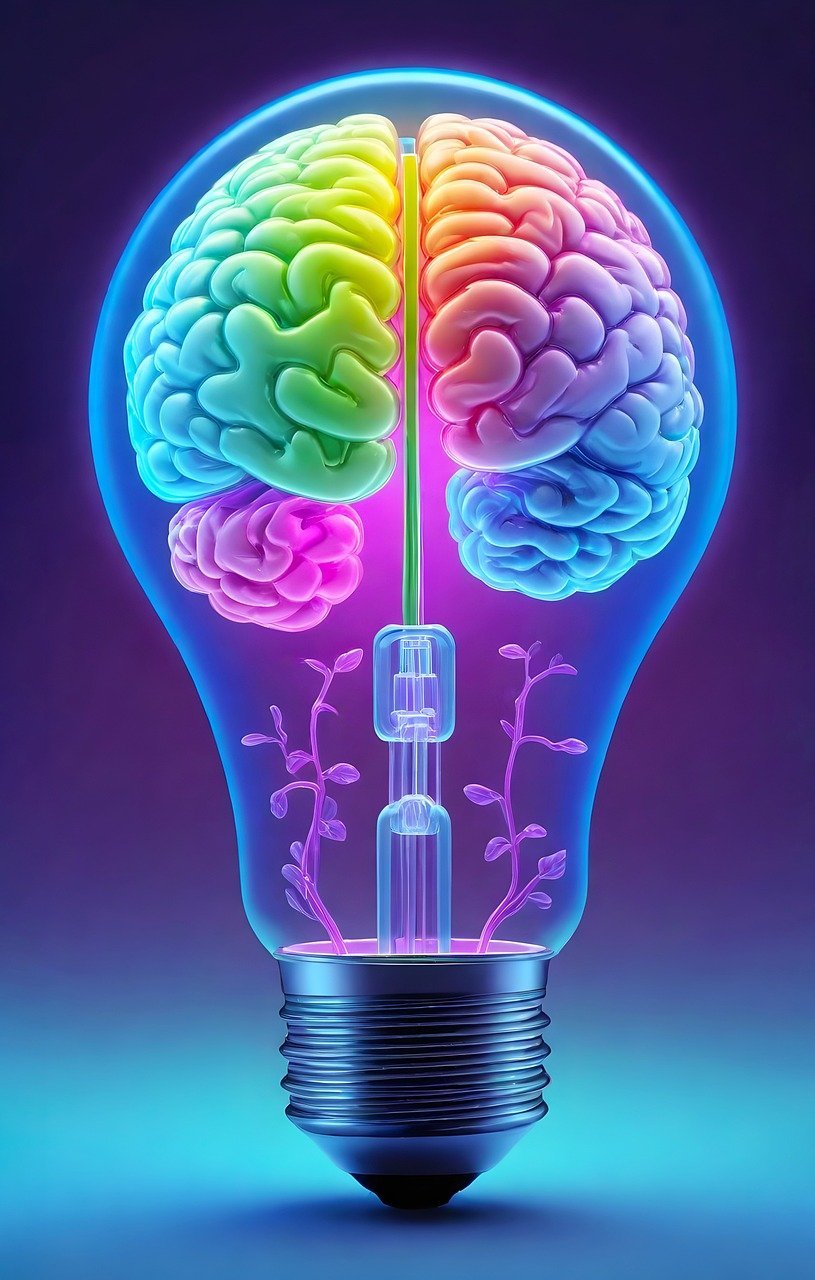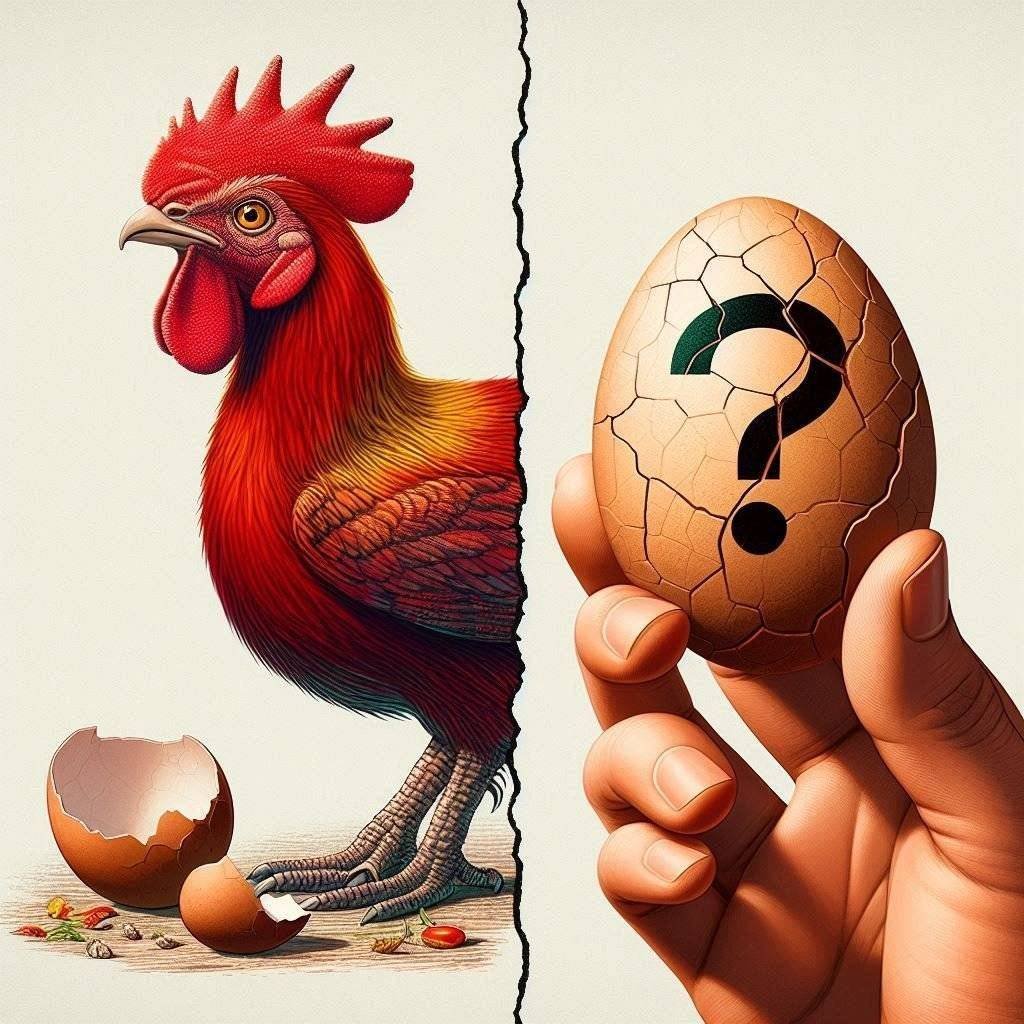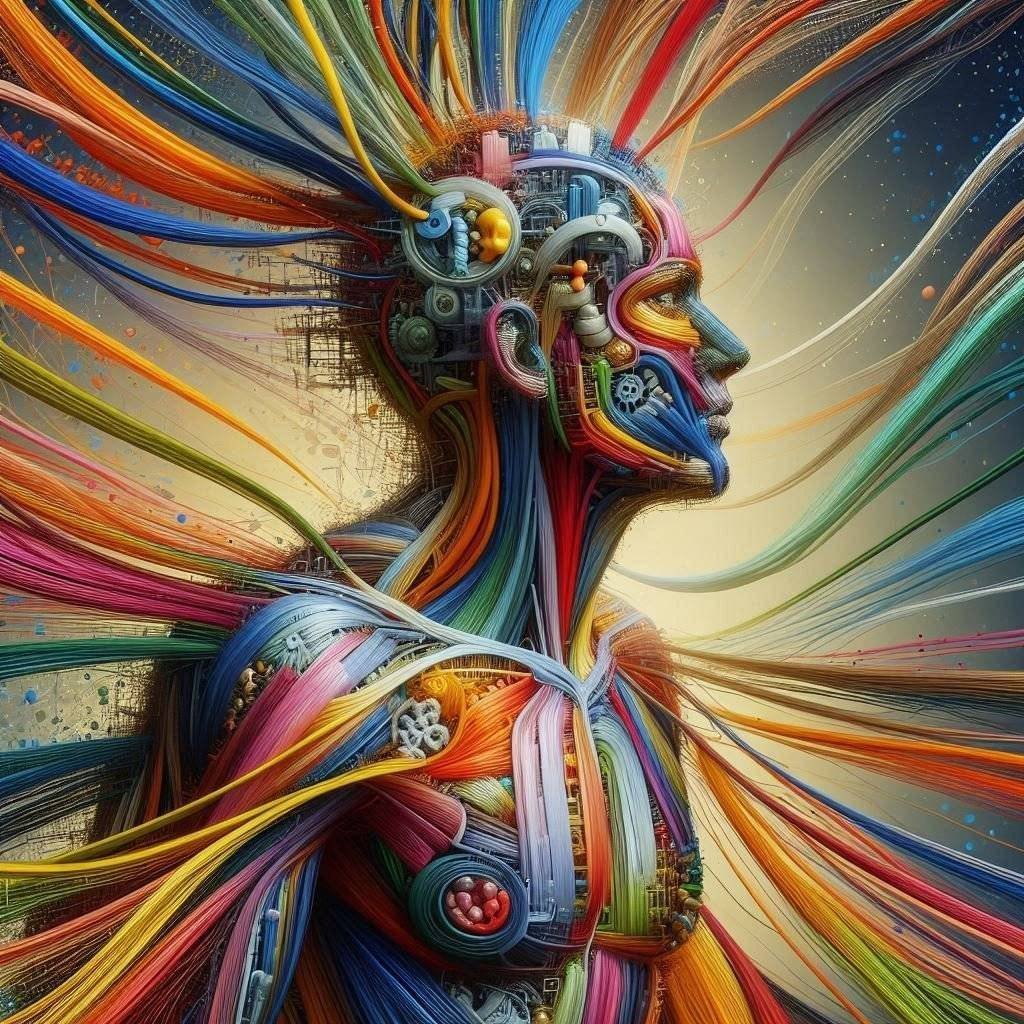We humans like to think we’re pretty smart cookies, and a big part of that smarts comes from our brain. But how does our brain compare to the brains of other animals? Let’s dive into some interesting facts!
Size Matters (But Not Always)
Our brains are definitely big compared to most animals. Relative to body size, humans have one of the largest brains on Earth. However, just raw size isn’t everything. An elephant’s brain weighs more than a human’s, but when you consider their massive bodies, it’s a different story.
The Neocortex is Key
The real difference maker is the cerebral cortex, the wrinkly outer layer of the brain. In humans, this area, called the neocortex, is especially large. This is the part of the brain responsible for higher-order thinking, language, and complex problem-solving.
Specialized Skills
While we may have the edge in overall brainpower, animals have some amazing brain specializations. A dog’s sense of smell puts ours to shame, thanks to a much bigger olfactory bulb devoted to sniffing out scents. Birds like pigeons have brain cells that can detect Earth’s magnetic field, helping them navigate long distances.
More Than Just Neurons
There’s more to the brain than just neurons that fire. Supportive cells called glia play a crucial role. Interestingly, humans have a higher ratio of glia to neurons compared to other animals. This might help explain the increased complexity of our brains.
Learning and Adapting
Our brains are constantly learning and adapting. Unlike some creatures with more instinct-driven behavior, we can form new memories and develop new skills throughout our lives. This is due in part to a process called neurogenesis, where new neurons are created in certain areas of the brain.
So, the next time you pat your dog or watch a bird navigate, remember – even though their brains work differently, they’re still pretty amazing in their own way!



